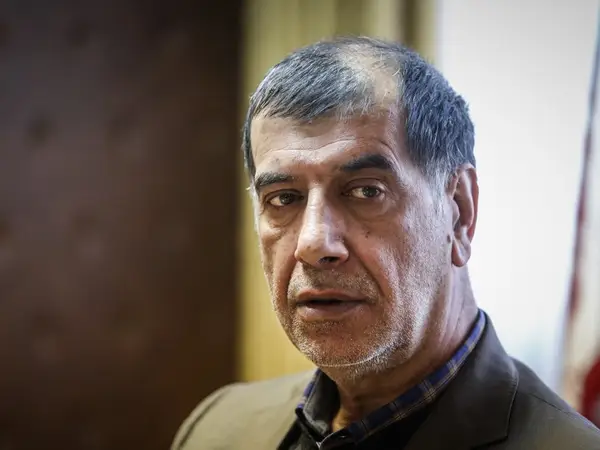Heavyweight politician Mohammad-Reza Bahonar says 80 percent of Iranians were born after the 1979 revolution and are now asking, "What have you done for us?"
Bahonar, who served in parliament (Majles) for 28 years as a conservative, acknowledged that there is a gap between the revolutionaries' slogans and realities on the ground. To fill this gap, it is now time for the revolutionaries to confess that they have made too many mistakes. We need to take what Supreme Leader Ali Khamenei called "the second step," and that is what I call "the second republic," Bahonar told Jamaran website in an interview on March 13, republished by other media in Iran.
Bahonar does not hold any office now as ultra-conservatives and neo-conservatives have swamped the parliament and the government, but he is an influential voice.
The second republic is about a roadmap. He said the Islamic Republic has borrowed democracy from the West and it is based on the people's vote. We cannot separate "Islamic" from "Republic." But unfortunately, we have not adopted democracy in full. Iran desperately needs three or four real and powerful political parties.
Bahonar had first raised the issue of constitutional change and establishment of political parties in early February when he called for Supreme Leader Ali Khamenei’s support. He proposed his idea of "the Second Republic" and stressed that Iran needs to facilitate the rotation of elites to reach this goal and it should set up strong political parties.
The quintessential insider, however argued that political parties should exist and compete but not stand against the regime, adding that "you cannot be part of the system and at the same time act as an opposition to the same system. No regime can allow political parties to clash with the values and principles of the system."
Iran’s clerical system has to over-arching principles: The supremacy of religious laws as interpreted by those clerics who are in power and the un-elected office of the Supreme Leader.
Asked if the presence of a supreme leader is against the party system, he said, "No. The Supreme Leader determines the general policies of the regime," while the parliament and the parties can decide about the day-to-day matters.
However, Bahonar's idea contradicts the fact that Khamenei has weakened the parliament and the government to such an extent that in fact he makes all the decisions and leaves the legislative and the executive branches to be accountable for the fallout.
The most prominent case is the issue of Iran’s foreign policy. Khamenei has stood behind an offensive regional policy, a controversial nuclear program and anti-Western foreign polcy, leaving presidents to struggle with an economy often besieged by sanctions.
Bahonar said when there is no party system, several prominent surgeons and engineers get elected, but we do not need doctors and engineers at the Majles. What we need are individuals who can plan for the country's future and such people are normally trained by political parties.
Asked what the regime’s biggest problem is, Bahonar said: People's participation. "When you have a 48 percent turnout in elections, that means 52 percent have a problem with the way the country's affairs are being managed. They have economic and political problems. I cannot believe we have reached this point in terms of political participation in 40 years."
Meanwhile, he insisted on the need for a change in the constitution to save the Republican nature of the regime and to make things work. "We can amend the constitution and call for two rather than one parliament. Or we can increase its term to 6 years. Only the Supreme Leader needs to agree with this change."
